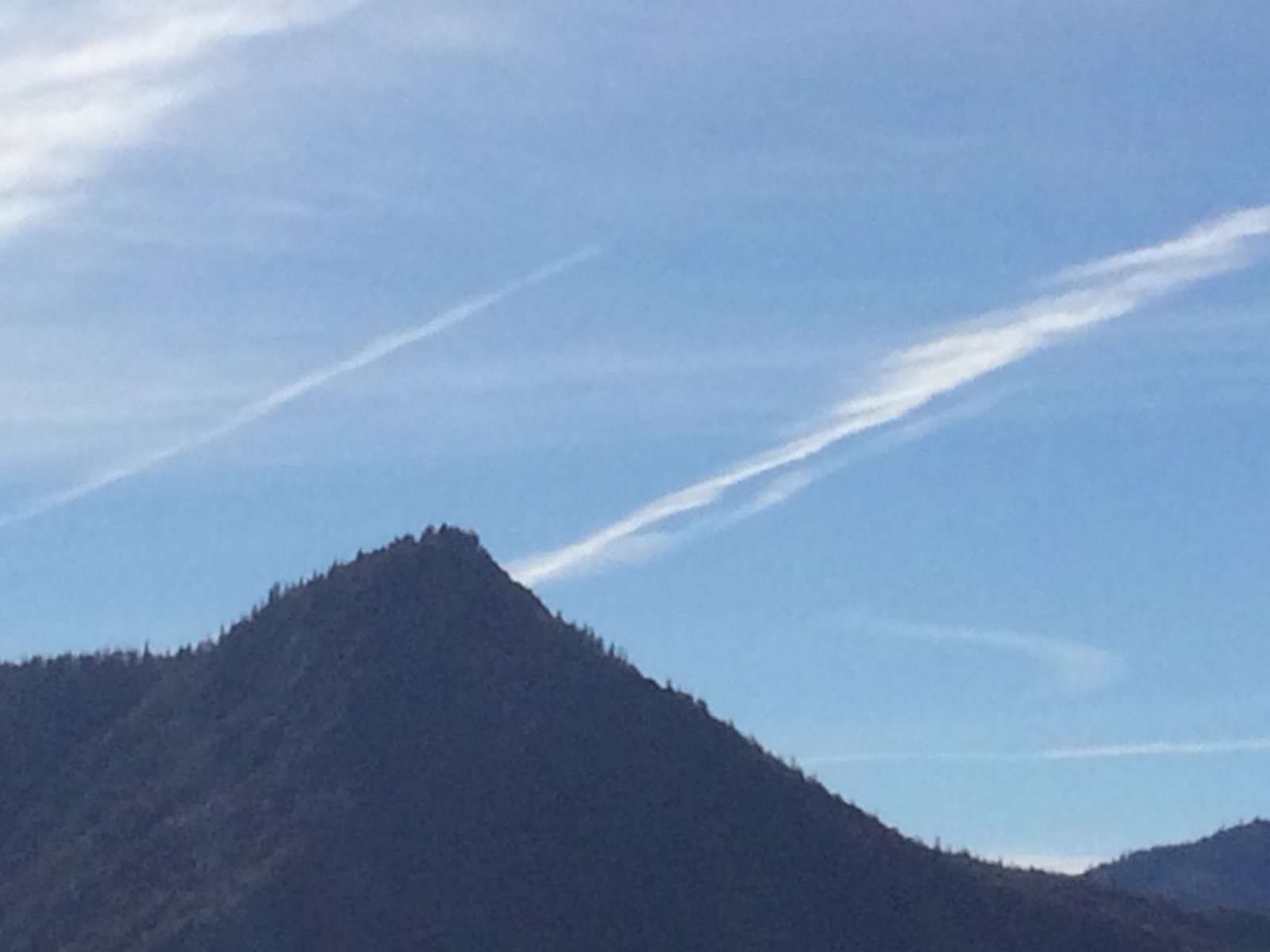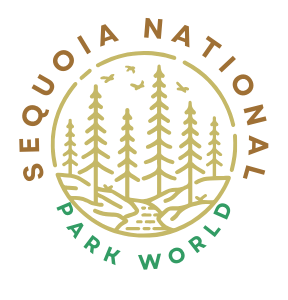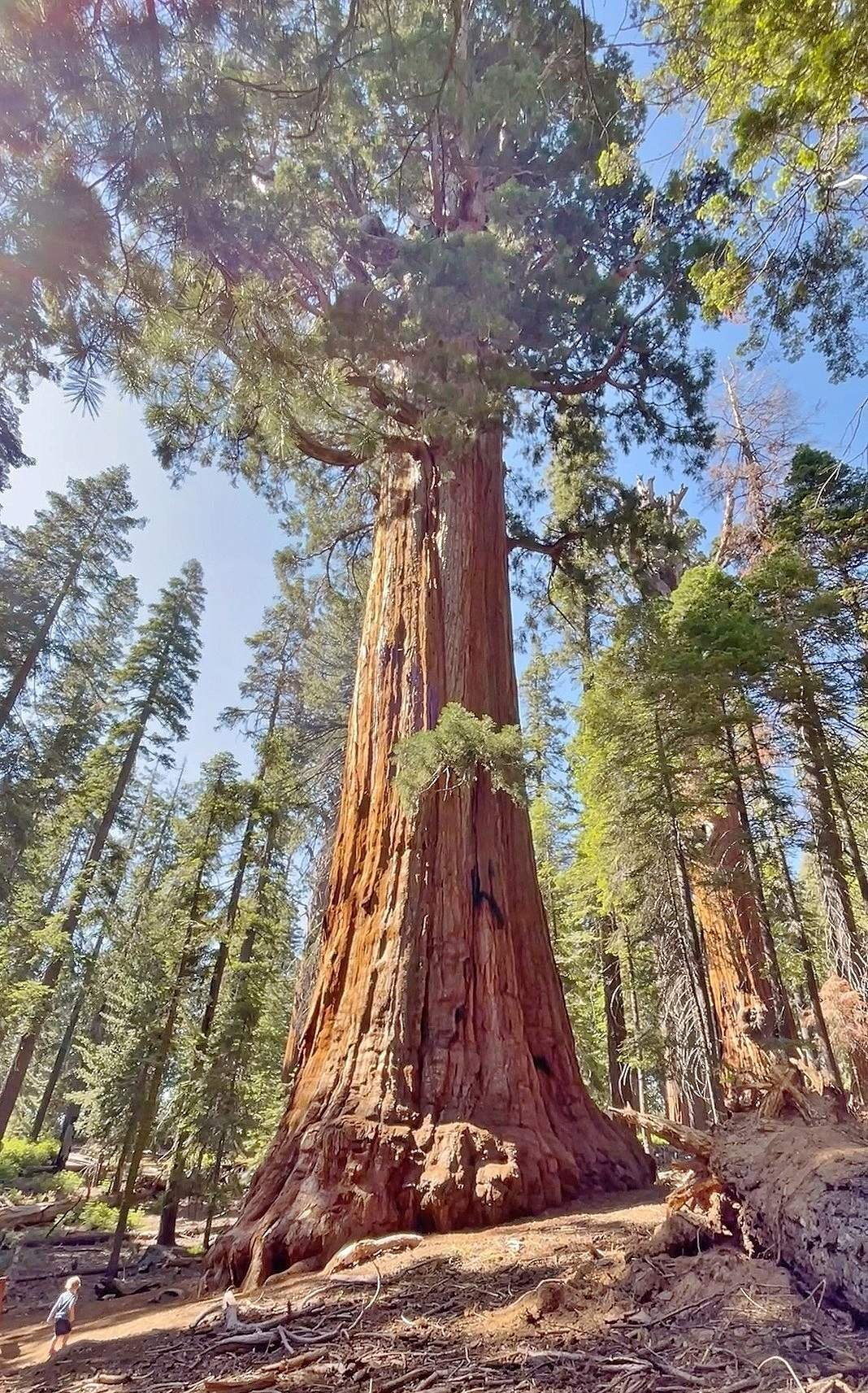Sequoia National Park, home to the world’s largest trees, offers a unique wilderness experience for nature enthusiasts. Reserving your spot in this majestic park requires careful planning and understanding of the permit system. This guide provides essential information on how to reserve Sequoia National Park, including permit requirements, camping options, trail information, and guided tour possibilities.
What Are the Requirements for Obtaining Permits in Sequoia National Park?

Securing a wilderness permit is crucial for overnight camping in Sequoia National Park. Here’s what you need to know:
Permit Fees and Application Timeline
- Fees:
- $15 non-refundable fee per permit
-
$5 per person fee (refundable if cancelled or party size reduced up to one week before the trip)
-
Application Timeline:
- Reservations available up to 6 months in advance
- For quota season (late May through September), reservations open on March 1st
- Must be made no later than one week before the trip
Application Process
- Create an account on Recreation.gov
- Plan your trip using trail descriptions and park resources
- Check availability for your desired entry point and date
- Finalize reservation and pay fees on Recreation.gov
Group Size Restrictions
| Distance from Maintained Trails | Maximum Group Size |
|---|---|
| Within 1/2 mile | 15 people |
| Beyond 1/2 mile | 12 people |
| Redwood Canyon | 10 people |
| Certain other areas | 8 people |
Permit Pick Up
Bring your email confirmation, proof of identity, and your entire party to the trailhead desk during Permitting Desk Operating Hours to pick up your permit.
What Camping Options Are Available in Sequoia National Park?

Designated Campgrounds
Sequoia National Park offers several designated campgrounds with amenities:
- Lodgepole
- Dorst Creek
- Atwell Mill
These campgrounds provide:
– Restrooms
– Potable water
– Picnic tables
Reservations for designated campgrounds can be made through Recreation.gov.
Backcountry Camping
For a more immersive wilderness experience, backcountry camping requires:
- Wilderness permits
- Adherence to strict guidelines for:
- Food storage
- Campfires
- Sanitation
Note: Backcountry sites do not have amenities like restrooms or water access.
Seasonal Availability
- Designated campgrounds: Generally open year-round with reduced services in off-season
- Backcountry camping:
- Free self-issue permits from October through late May
- Quota-based permits from late May through September
What Are the Main Trails in Sequoia National Park?
Trail Lengths and Difficulty
- John Muir Trail
- Length: Over 200 miles within the park
- Difficulty: Challenging
-
Features: Part of the Pacific Crest Trail
-
High Sierra Trail
- Length: Approximately 60 miles
- Difficulty: Challenging
-
Features: Diverse landscapes
-
Rae Lakes Loop
- Length: 41 miles
- Difficulty: Moderately difficult
-
Features: Scenic beauty
-
Mount Whitney Trail
- Length: 22 miles round trip
- Difficulty: Very challenging
- Features: Highest peak in contiguous United States
Notable Landmarks
- Mount Whitney
- Giant Sequoia Groves (including General Sherman Tree)
- Kern River
- Rae Lakes
Seasonal Conditions
- Winter: Trails affected by snow and ice
- Potential closures due to maintenance or weather conditions
- Always check the park’s website for up-to-date trail conditions
What Guided Tour Options Are Available in Sequoia National Park?
Ranger-Led Tours
- Various programs offered:
- Guided hikes
- Nature walks
- Educational programs
- Generally free or low-cost
- Some programs may require reservations
- Check the park’s website for schedules and details
Private Tours
While specific details are not provided in the given sources, private tour companies typically offer:
- Hiking tours
- Backpacking expeditions
- Sightseeing tours
These tours vary in duration and cost. Reservations can usually be made through the tour company’s website or by contacting them directly.
By understanding the permit system, camping options, trail information, and guided tour possibilities, you can effectively plan and reserve your Sequoia National Park adventure. Remember to check the park’s official website for the most up-to-date information and regulations before your visit.

